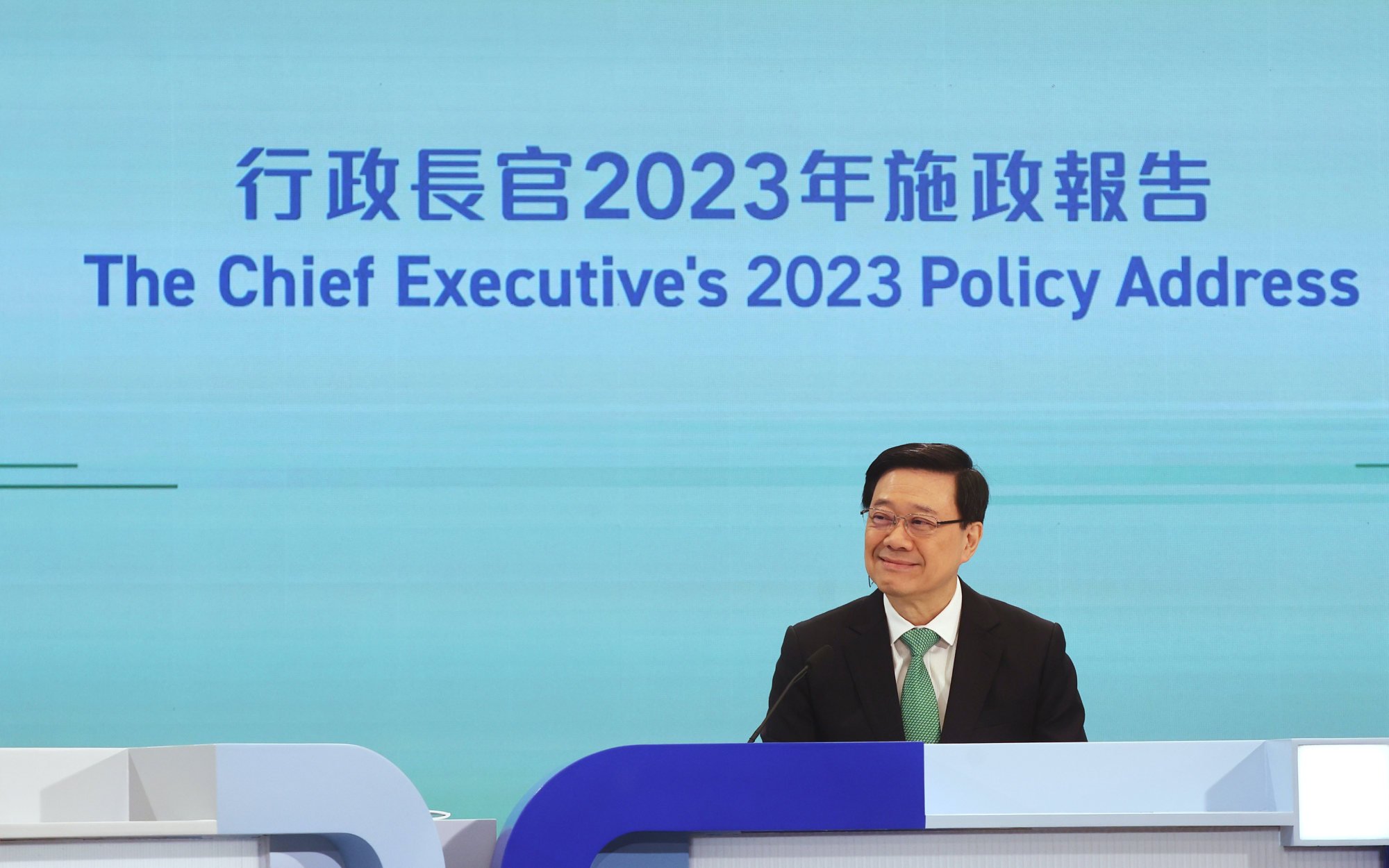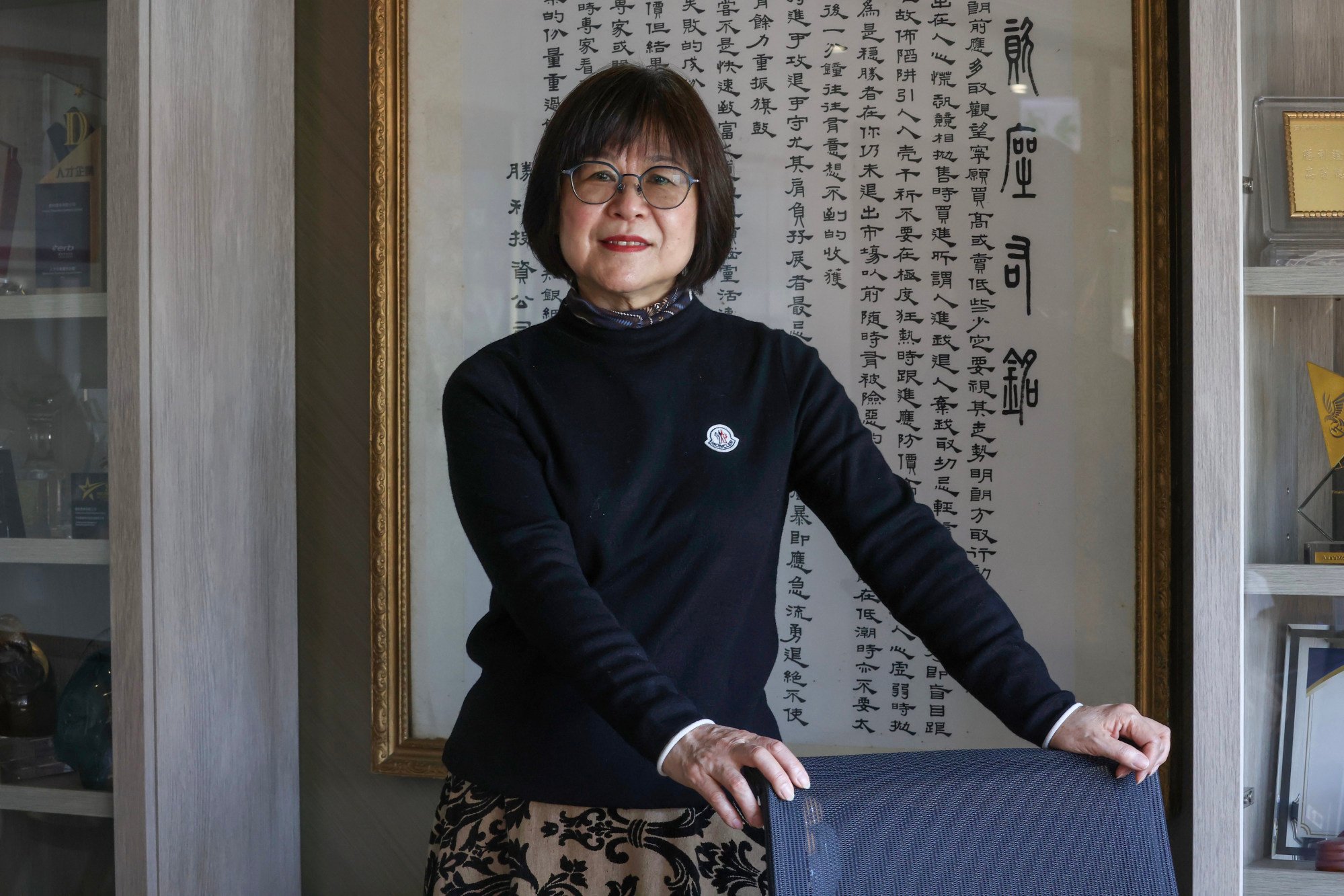[ad_1]
Hong Kong’s investment-migration scheme has drawn the attention of many wealthy families from mainland China and Asia, who are considering setting up family offices in the city, according to industry players.
Chief Executive John Lee Ka-chiu proposed a revamped investment migration programme for wealthy individuals and their families during his annual policy address in October, offering fast track residency for at least HK$30 million (US$3.8 million) of investment in local stocks or other assets.
“The upcoming Capital Investment Entrant Scheme is going to be very important to attract wealthy customers to set up family offices in Hong Kong,” said Victor Ai Kuiyu, executive director of Hong Kong-listed financial firm DL Holdings. “We have seen a lot of clients express interest in moving to Hong Kong via this scheme because it is very simple and easy.”
The details and exact launch date of the Capital Investment Entrant Scheme (CIES) will be announced by the end of this month. The scheme, alongside a tax break introduced in May and other incentives such as the creation of art-storage facilities at Hong Kong airport, formed part of Lee’s pledge to attract another 200 family offices on top of the more than 400 already set up here.

The objective looks reasonable as the number of US dollar millionaires in Asia is projected to reach 76 million by the end of the decade from about 30 million currently, according to an HSBC report from December last year.
Ai said his company is ready to serve prospective clients who want to apply for the CIES. DL Holdings has signed an initial agreement for a possible US$10 million acquisition of an artificial intelligence company to offer services tailored for family offices.
Overseas family offices eye Hong Kong thanks to new incentives, forum hears
Overseas family offices eye Hong Kong thanks to new incentives, forum hears
The company, with assets under management of more than US$4 billion, has been offering asset management services for family offices for more than 13 years, serving more than 50 family offices.
The Hong Kong-headquartered company also has operations in Singapore, where it also offers similar investment-migration related services.
“The pie for the family offices is so big that both Hong Kong and Singapore could potentially see huge growth in this sector,” Ai said.
Ai said he would advise customers to focus on Hong Kong as the city has a much more active stock market. “For many wealthy customers from the mainland who want to diversify their investments, Hong Kong is the first choice,” he said.
Total assets under management in the city reached US$4.55 trillion last year, according to government data.

Katerine Kou, the CEO of investment manager Victory Securities, said many of the company’s customers, mostly from mainland China, have expressed interest in the revamped CIES.
Hong Kong had originally introduced the CIES after the Sars (severe acute respiratory syndrome) outbreak in 2003, but terminated it in 2015 because of speculation in the property market.
Singapore, meanwhile, has enhanced its reputation as a family-office hub, with the number of family offices rising to 700 in 2021 from 400 in 2020 because of favourable incentives offered by the city state’s government, according to the latest government data.
“We helped many customers to invest when the CIES was first launched,” Kou said. “We believe the revamped scheme will be popular too, as many wealthy mainland Chinese and Asian families would like to invest and live in Hong Kong.”
She said as the scheme brings in more capital, it will help support the capital market and bring more business for local brokerages.
“Once a client signs up for the CIES with a brokerage, the broker will handle the investment and reporting requirements for the next seven years until they get their residency,” she said.
Hong Kong launches wealth academy in boost for family office sector
Hong Kong launches wealth academy in boost for family office sector
Cameron Harvey, CEO of Landmark Family Office, a multifamily office operator which started operations in January, said the CIES could be a smart and savvy tool in the Hong Kong government’s armoury.
If deployed effectively, it can easily help to retain wealth in Hong Kong over the long term.
“It is easy to utilise without the need necessarily for expensive legal and taxation advice,” Harvey said, citing his experience in other jurisdictions. “A great tool we have used many times for our clients over the years.”
[ad_2]
Source link
